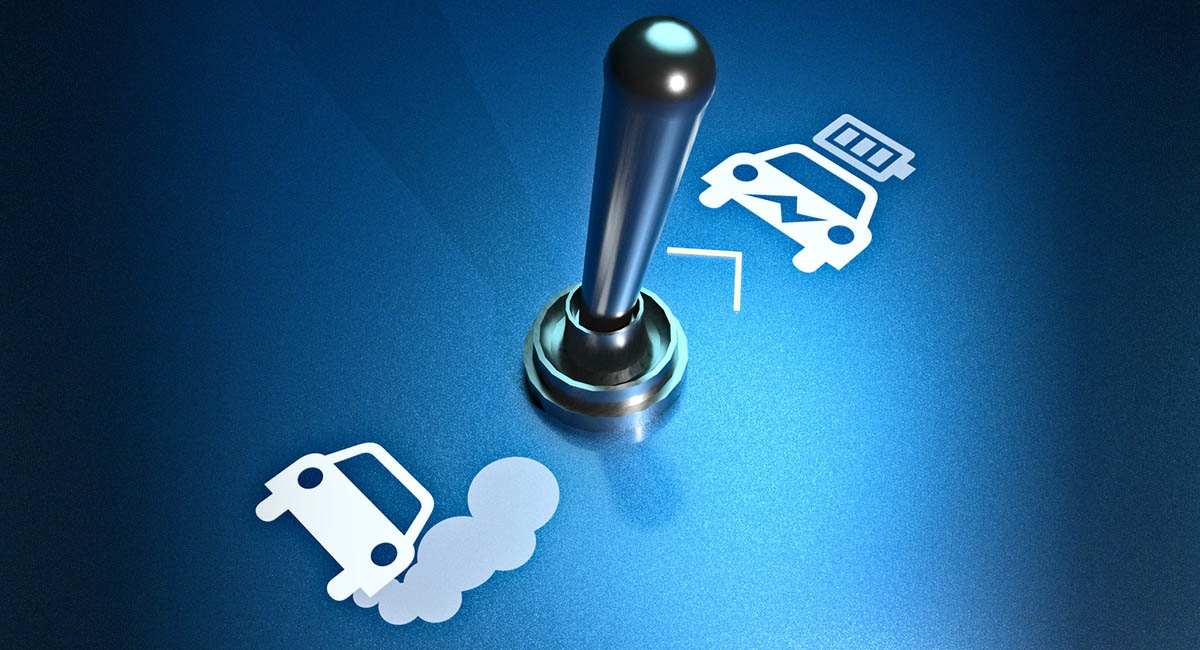
Albertans should not be as worried about climate “alarmists;” They should be much more fearful about climate “deniers.”
By George Petrolekas
Provinces that rely on fossil fuel production for their economic well-being are at a crossroads. Decisions being made today will have an enormous impact on Canada’s future economic well-being. The various camps in the debate spurred by climate change can be grouped in two broad superficial categories which are unhelpfully termed as alarmists or deniers.
‘Alarmists,’ argue that climate change is man-made through carbon emissions in energy production and subsequent daily use. The remedy is seen as the reduction in emissions to meet targets put forth at various climate conferences. To encourage such reductions a broad spectrum of policies and investments are considered such as investments in alternative energy sources – renewables and low carbon fuels and dissuasive measures such as carbon taxes for emissions.
‘Deniers’ postulate that the science behind climate change is flawed. For them, there is no evidence of planetary temperature rise, and even if there was, it’s something we can live with, and climate mitigation schemes are too costly to the economy. Some believe that more carbon (and other emissions) are actually good for us with a few fringing on conspiratorial fantasies. For deniers, disputing the science alone is not enough.
Without debating the science behind the climate debate, the anti-climate crowd must as a consequence deride and ridicule any alternative energy discussions lest rational people believe that clean, efficient energy sources may be attractive all on their own.
Accordingly, electric vehicles (EV) either; do not save money, only work with government subsidies, receive their source electricity from fossil fuels anyways, support undemocratic regimes due to reliance on rare earth minerals, and the list goes on. This recipe is repeated for every other alternate energy resource such as solar power; it isn’t efficient, it supports Uighur suppression, uses too much land while the wind is intermittent, unreliable, and kills birds. Every opportunity is exploited such as blaming renewables for the epic Texas power failures in 2021 when in reality it was the failure of pipelines and the fragility of the Texas power grid that led to these calamities.
Climate change deniers maintain that there is no need for substantive change, nor massive technological innovation, and in fact what we should be doing is building more pipelines to get our energy to market and most importantly no need for costly mitigation measures related to climate effects such as flood control, wildfire preparation, sea defences or drought mitigation to name a few.
Disturbingly, real-world issues are ignored in environments both natural and economic/industrial. The obliviousness to these realities will do Albertans and Canadians more harm than good.
In the natural world, the 80-year southwestern US drought and plunging reservoir levels that provide agricultural irrigation, drinking water, and hydropower to millions are written off to local mismanagement or ‘just a weather effect’. The highly abnormal heat levels seen in British Colombia this summer, and an atmospheric river of unheard precipitation that caused widespread flooding are written off as abnormal weather events exacerbated by poor flood management. Ice melt in the Arctic is denied when decades of satellite photos show a continual retraction of sea ice in all Arctic polar nations with the resultant effects on life – simply ask members of any Inuit community.
In the Economic/Industrial world, particularly in transport – every single automobile manufacturer is moving towards an electric vehicle future. The sums being invested are in the trillions and in concert, 21 major industrialized nations, inter alia – the UK, France, Germany, Canada, and 12 US states have warned that internal combustion vehicles will no longer be sold in their jurisdictions by 2035 with an additional 25 nations joining by 2040.
Given that 69 per cent of all oil production goes to provide gasoline for vehicles, betting economic livelihood on the continued and increasing use of oil sourced energy would seem to be a losing proposition.
Transporters, pipeline operators, and refiners bringing gasoline to market will encounter a diminishing market. There are other effects. The corner gas station will alter, in part as electric vehicles have 2,000 fewer moving parts than EV’s so mechanics trained in the repair of internal combustion engines will have less to repair, and the industries that make engines and engine parts will need to adapt, as will our schools in what trades they teach.
More pipelines are promoted, yet the record of Conservative and Liberal governments have demonstrated more pipeline cancellations than new builds with Keystone XL costing Alberta taxpayers over a billion. It is unlikely that BC, Ontario, and Quebec will entertain new pipelines. As Premier Legault of Quebec has emphatically stated, “there is no social license for pipelines crossing Quebec.” Oil will not disappear, but it is difficult to see how it will provide the same level of economic gain in the future.
So where does that leave Alberta and fossil fuel-producing provinces? They can use the next 15 years to adapt and transition from an economy that has produced great wealth but is on a downward slope and move beyond oil-based locomotion, embrace change, and become new leaders in technology.
In the past few months, VW, Tesla, Nissan, Ford, GM, Toyota, and others have announced new and technologically advanced battery plants, none of which are coming to Canada, nor is the R&D in advanced solid-state batteries which will increase the range of present generation electric vehicles. The most promising option for clean grid-level power is in nuclear fusion, where a trillion dollars, has been invested in this technology. A British Columbia company, a leader in the field, has raised $130 billion in funding. However, their prototype reactor will be in the UK.
Of the two camps, one at least provides a path to transition and reinvestment, while the other may very well threaten future economic well-being by preaching “all is fine” until it’s too late.
George Petrolekas, a former Colonel, and strategic advisor to senior military commanders is a Fellow with the Canadian Global Affairs Institute
Photo: iStock










